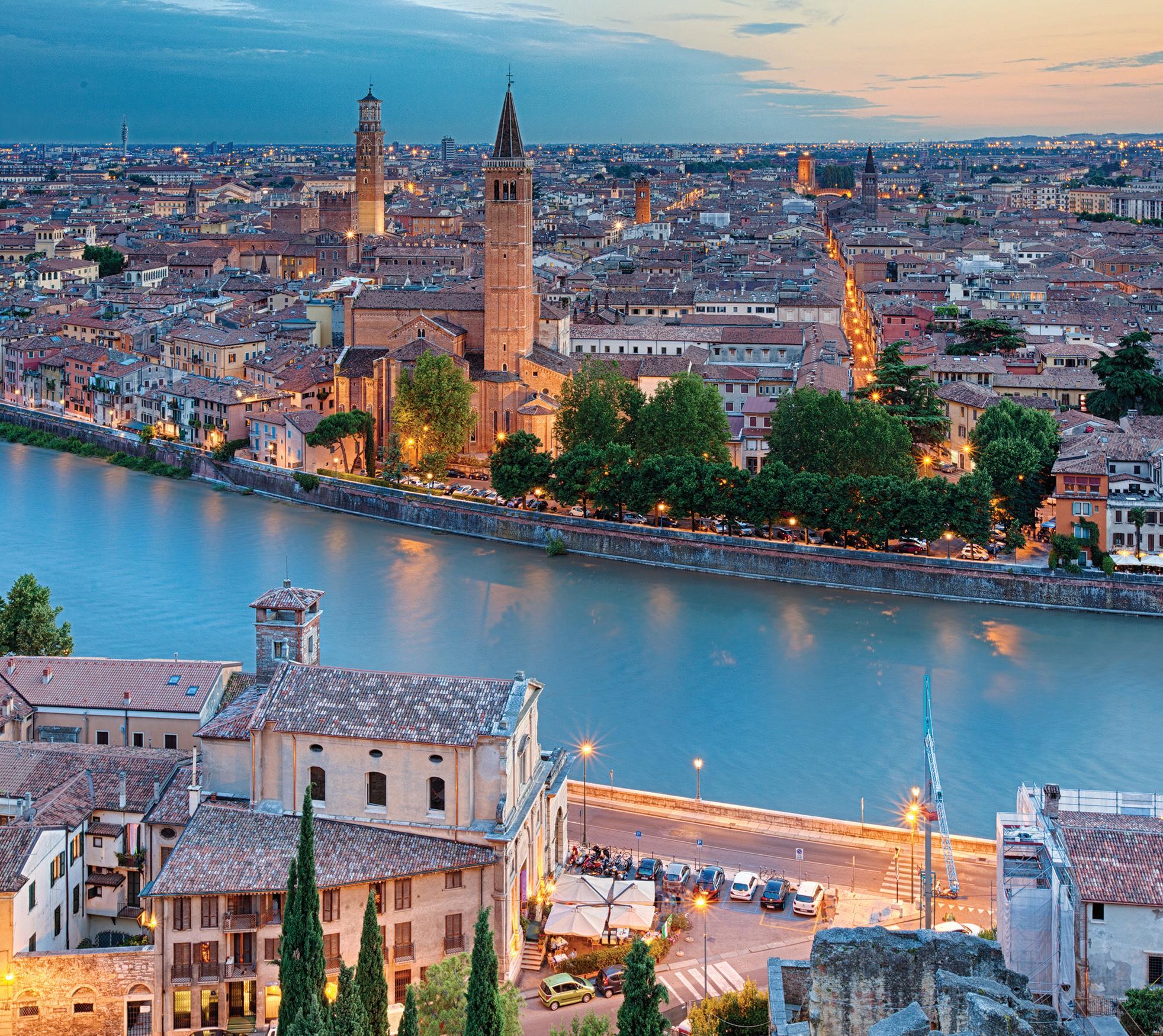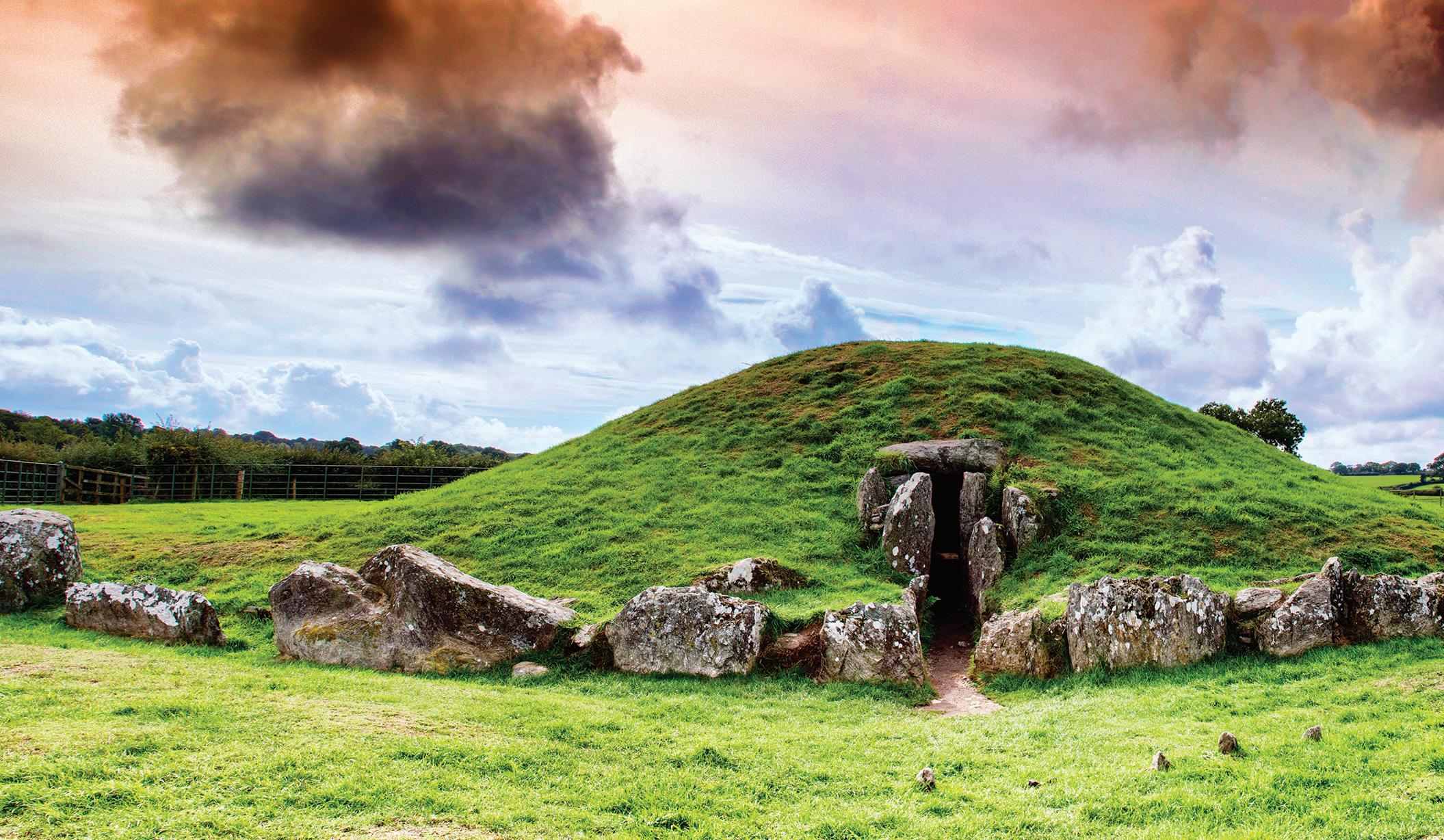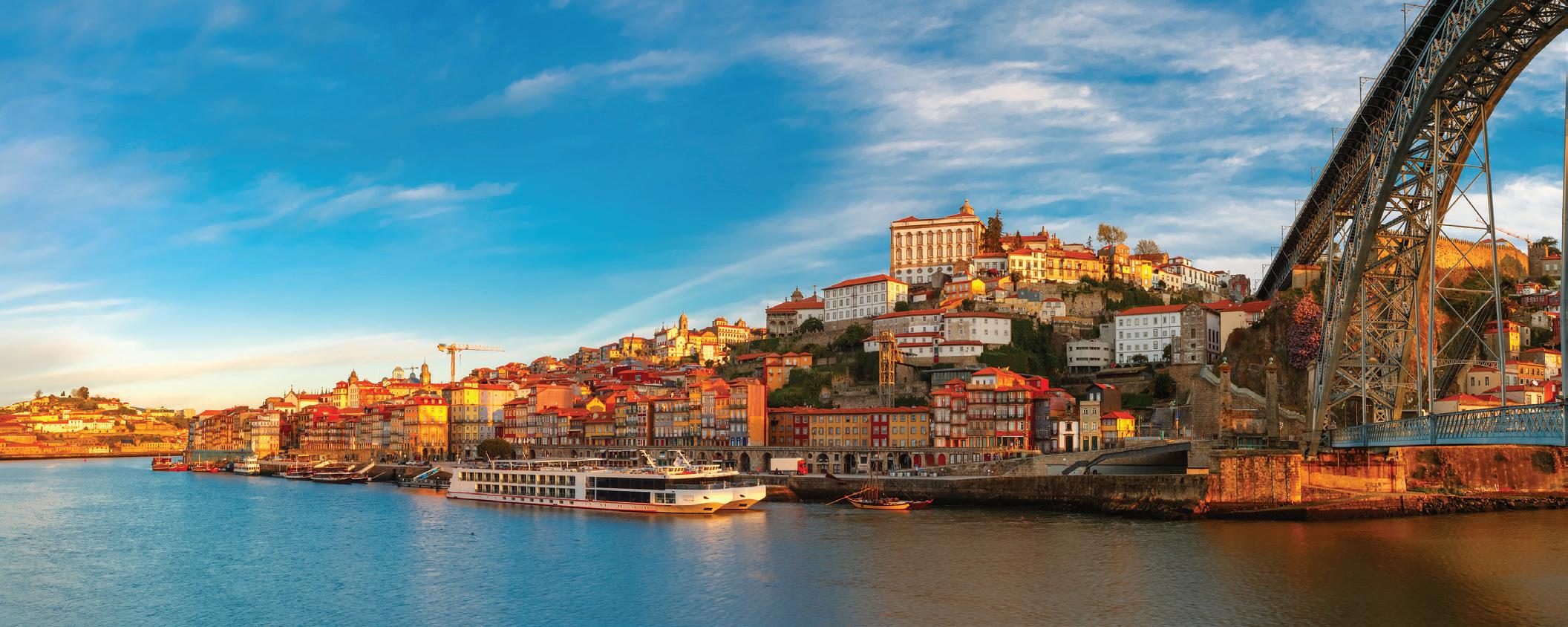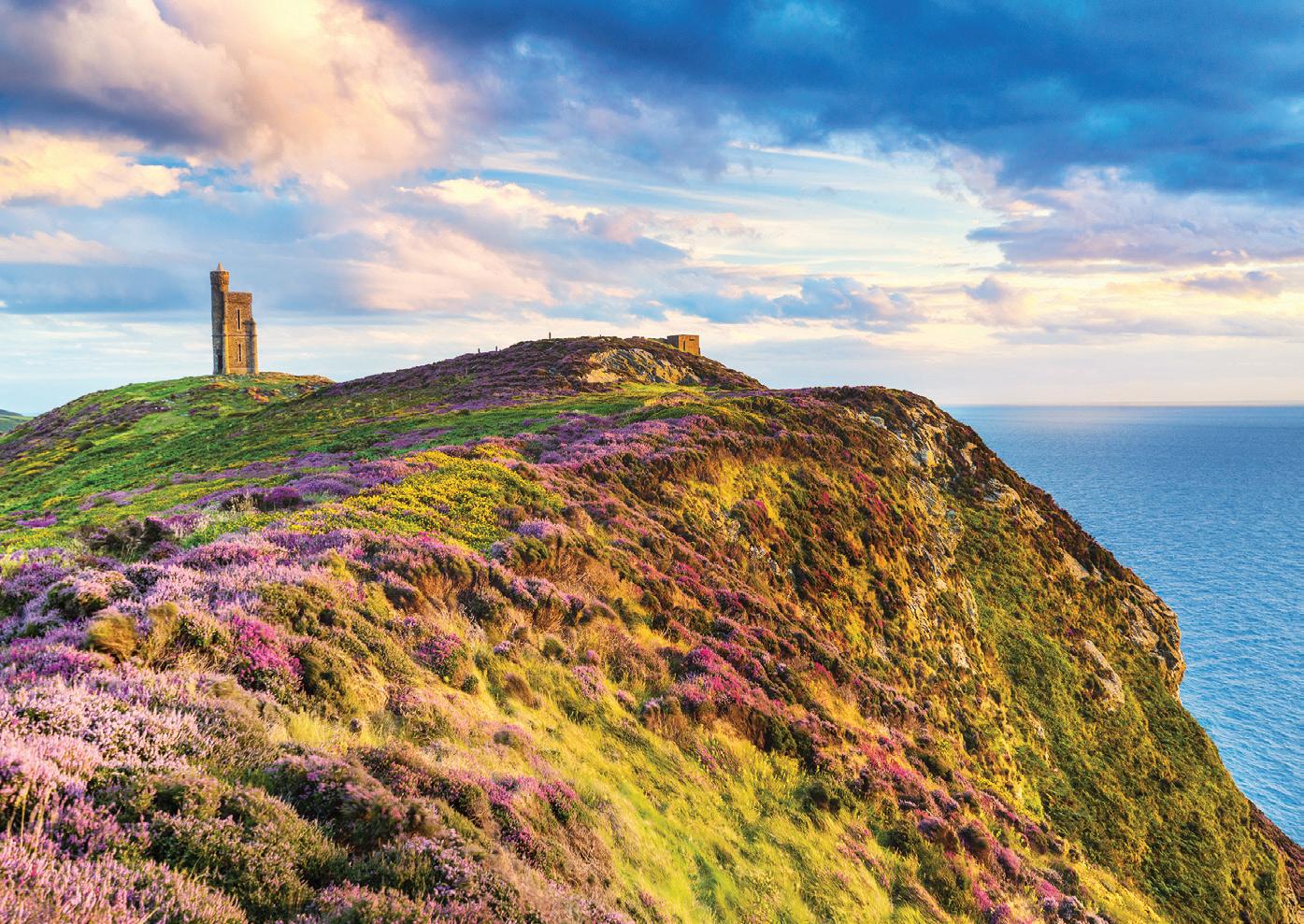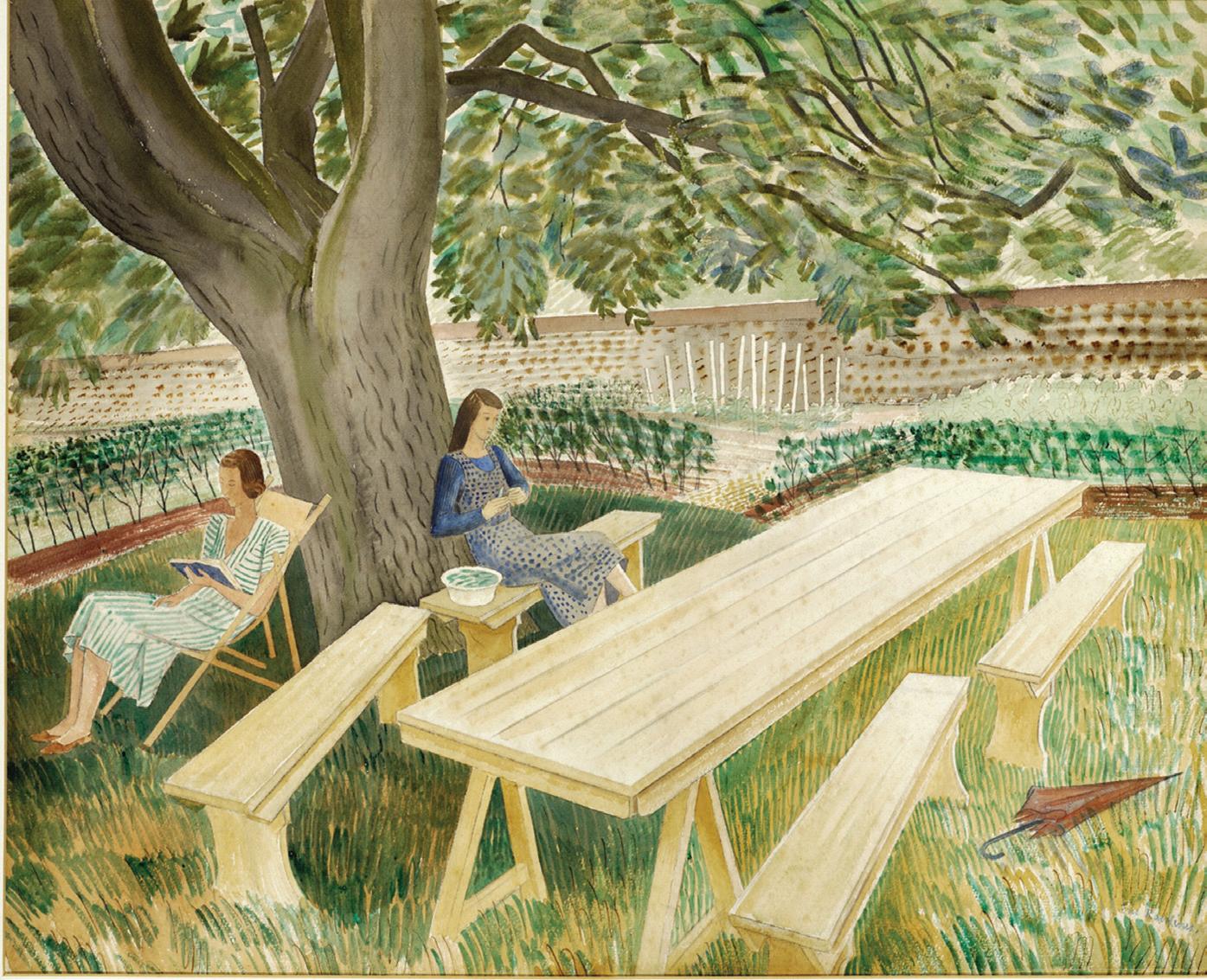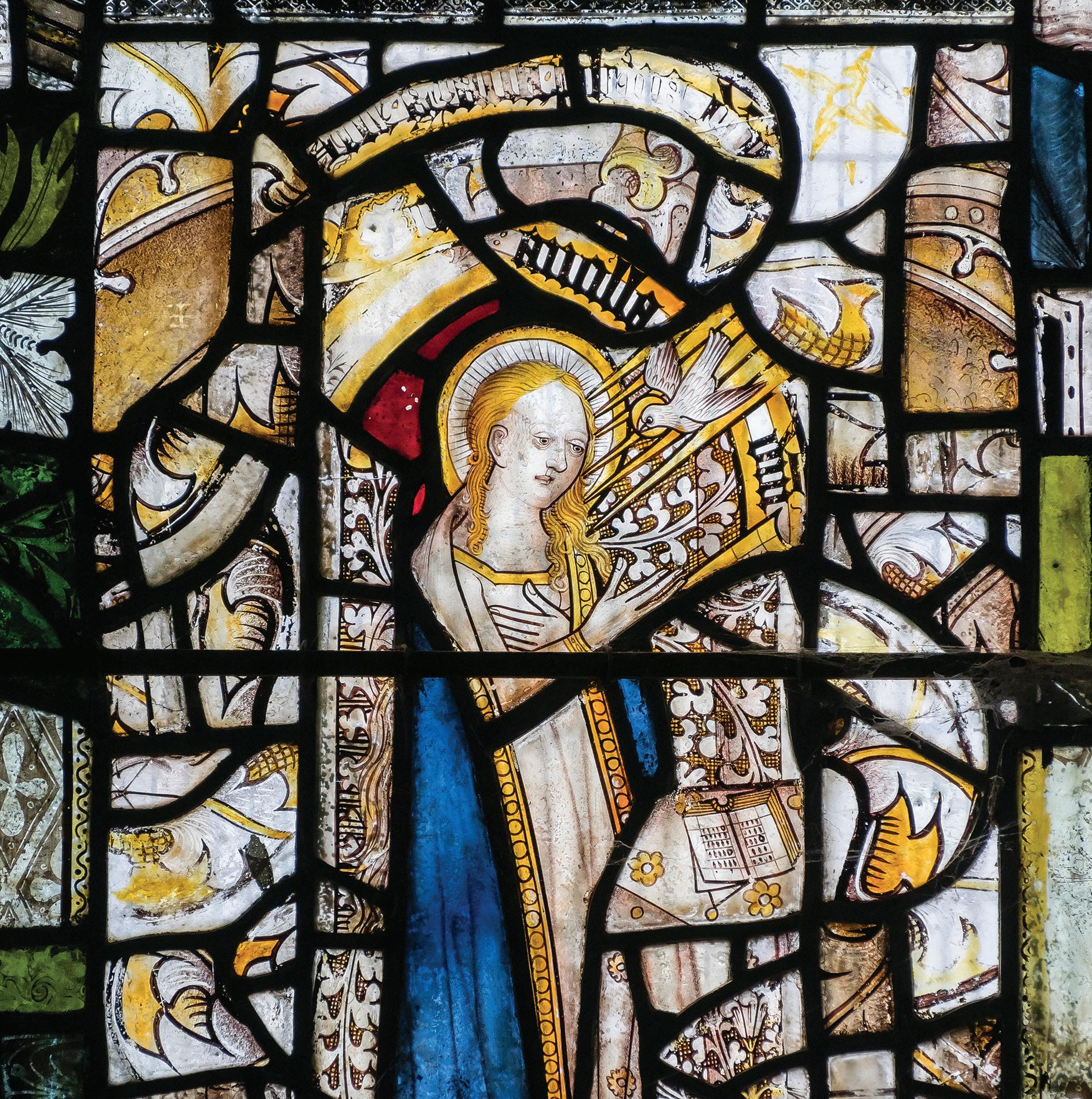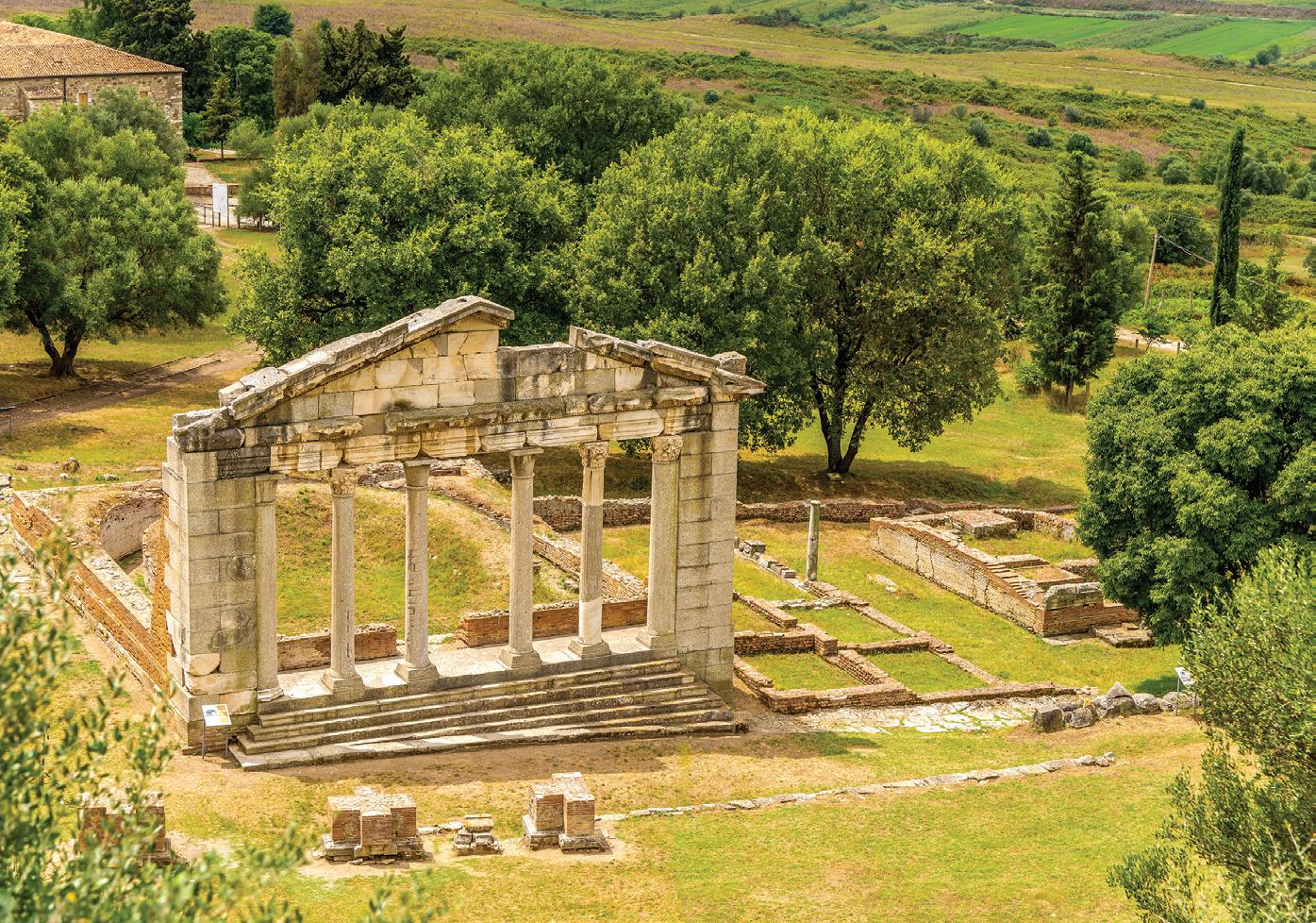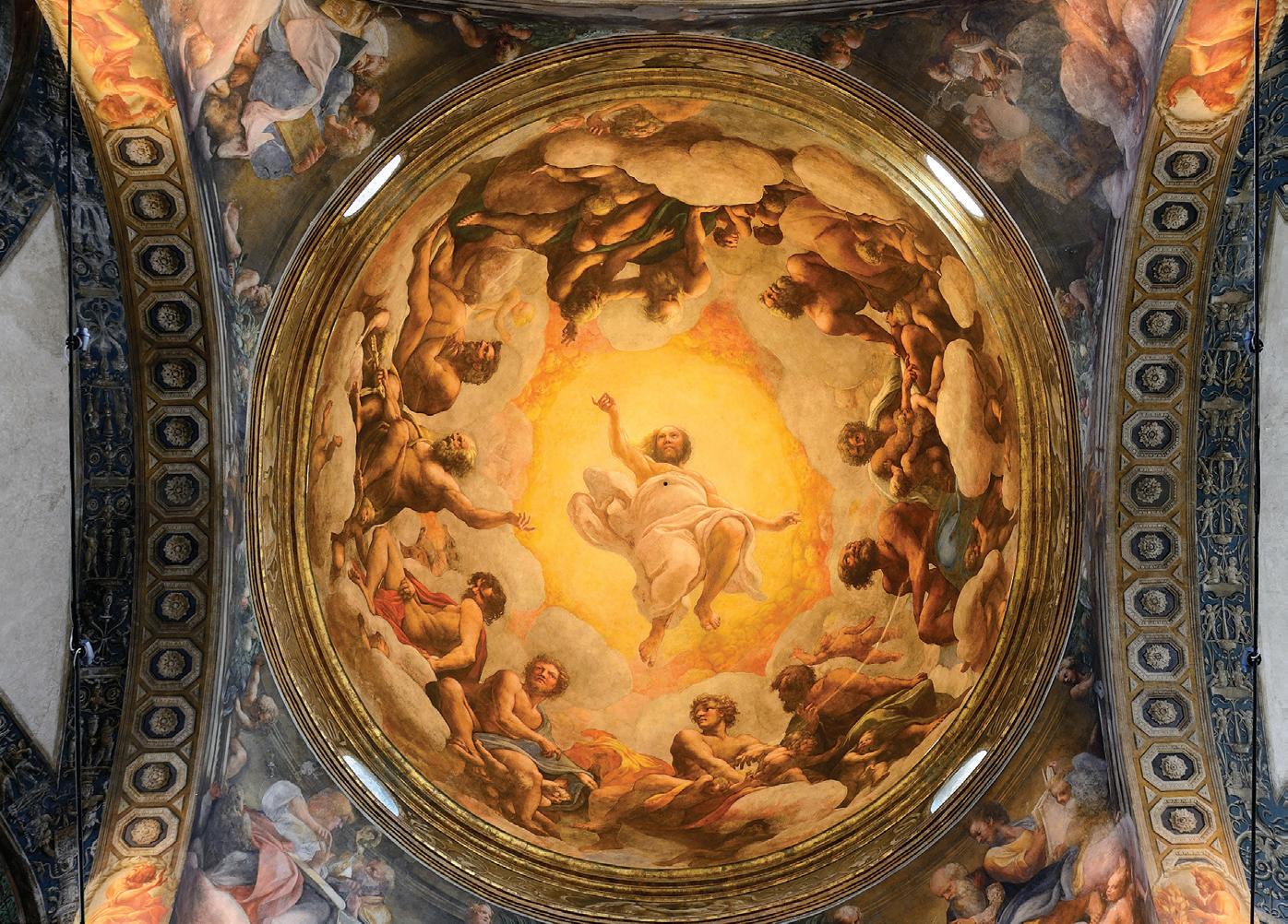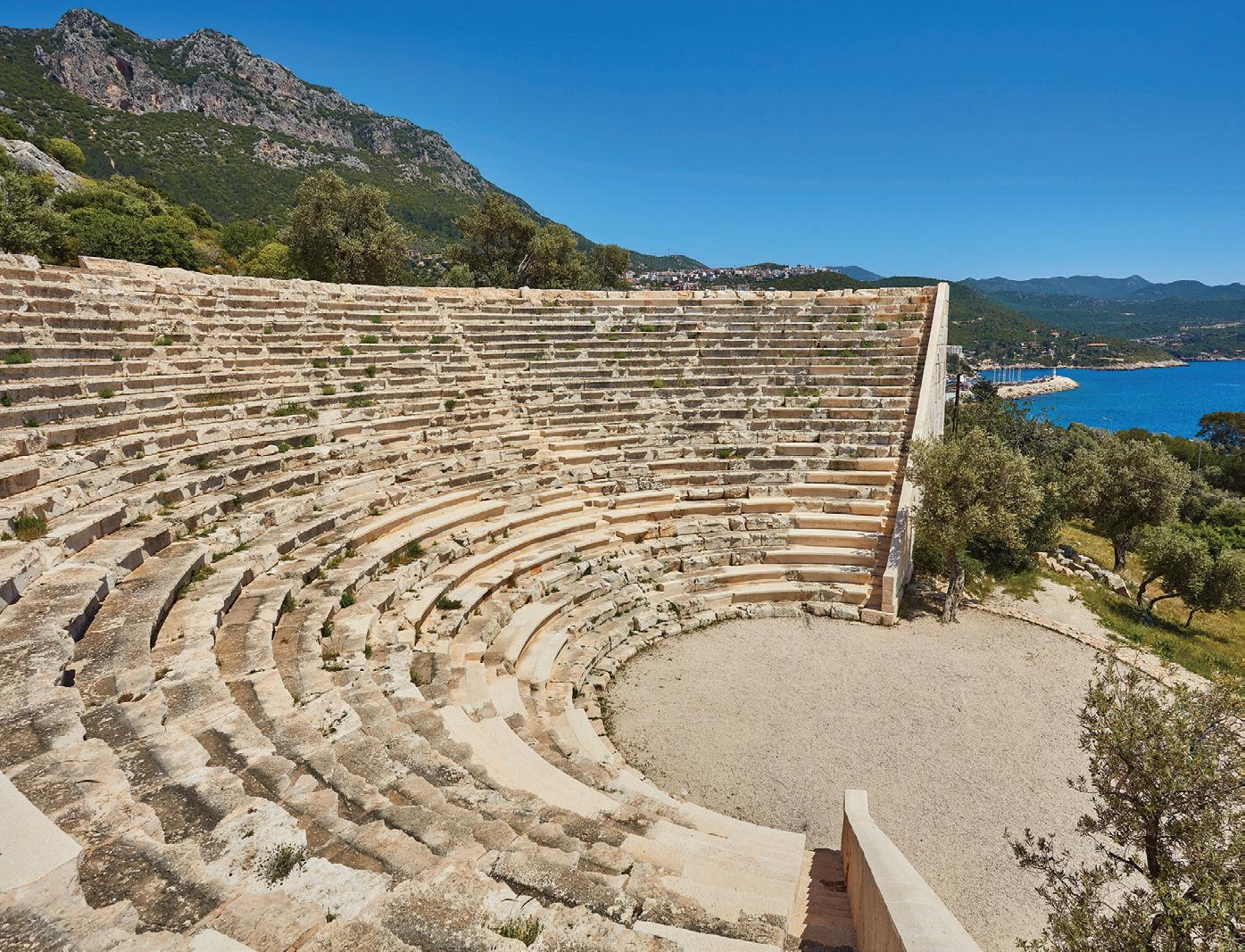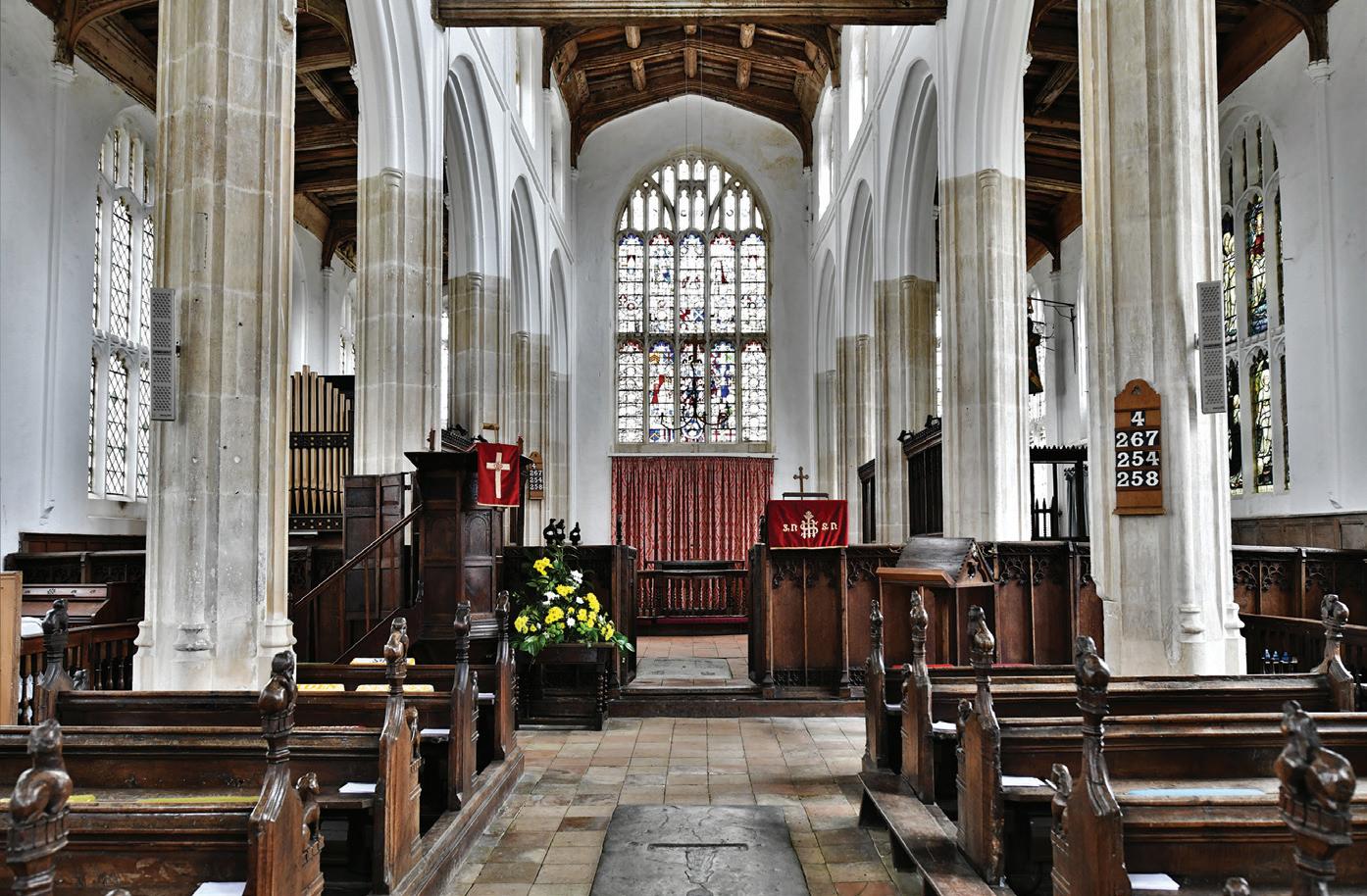UNITED KINGDOM Cromford Mill
The Industrial Revolution in Middle England August 6–10, 2021 from £995 per person | with Ian Cox
• Discover the unique assembly of architecture, museums and galleries that bears testament to the entrepreneurship of the Industrial Revolution • Visit two UNESCO World Heritage sites: the world’s oldest iron bridge, and the mills and workers’ housing of the Derwent Valley, which were to become the model for factories throughout the world • Study the rich history of the ceramics industry in the area, with visits to the Gladstone Pottery Museum and Emma Bridgewater Factory Britain’s Industrial Revolution saw extraordinary cultural and social change as well as technical innovation and entrepreneurship, and this is nowhere more evident than in the rich heritage of industrial architecture, decorative arts and ceramics visible in the counties of Staffordshire, Shropshire and Derbyshire. Exploring areas that inspired and provided contexts for the entrepreneurship of important figures such as Abraham Darby, Sir Richard Arkwright and Josiah Wedgwood, we will see industrial icons, as relevant today as they were in the 19th century, which illustrate Britain’s heritage and showcase its pioneering technology. The development of steam power revolutionised the mining, iron and 56
This tour will be led by Ian Cox, BA, MA, Cert ED, a lecturer and specialist in art history and decorative arts who has held posts as Director of Studies at Christie’s Education and Course Director at Glasgow University. For many years Ian directed the Victorian Society of America London Summer School and the Christie’s Decorative Arts Summer School in New York. textile industries. We will visit the flint mill at Cheddleton, a pre-industrial water mill that was converted to flint grinding for the ceramics industry in the 1780s. At the Coalbrookdale Museum of Iron, we will see the work of entrepreneur Abraham Darby, while at Cromford we will examine the industrial prowess and philanthropy of Arkwright. Further highlights of the tour will include visits to potteries, including the Emma Bridgewater Factory in Stoke-onTrent. We will stay at the four-star Best Western Stoke-on-Trent Moat House Hotel, which sits in the grounds of Josiah Wedgwood’s mansion. FITNESS / PRACTICALITIES: Overall, this tour is not especially strenuous, and participants can easily opt out of the more difficult elements.
Ceramics industry During the 18th century, ceramic makers in places such as Stoke-onTrent helped to define the tastes of Georgian England and its new commercial empire. Innovators such as Josiah Wedgwood supplied dinner services to country houses and to the court of Catherine the Great. The Gladstone Pottery, Emma Bridgewater Factory, Potteries Museum and Art Gallery and Jackfield Tile Museum all shed light on this fascinating industry. We will have the opportunity to see superb displays of ceramics, and to explore some of the processes involved in the development of the area as the world’s leading producer of ceramics in the 19th and early 20th centuries.
Please note that the itinerary represents a guide to what we hope to offer, and some elements may be subject to change or confirmation nearer the time. Day 1 Tour assembles 1745 at the Best Western Stoke-on-Trent Moat House Hotel, Stoke, for four nights. Introductory lecture (held in Josiah Wedgwood’s house). Day 2 Morning: excursion to Ironbridge (toll booth and bridge) and Coalbrookdale Museum of Iron. Afternoon: Jackfield Tile Museum and Etruria Industrial Museum. Day 3 Morning: excursion to Cheddleton Flint Mill followed by National Stone Centre (four limestone kilns, six disused quarries and 120 lead mine shafts). Afternoon: Middleton Top, Cromford model village (world’s first workers’ housing) and Arkwright’s first textile mill (built after his invention of the water-powered spinning frame). Day 4 Morning lecture: Victorian Ceramics – Innovation & Style followed by tour of Emma Bridgewater Factory (working pottery showcasing traditional skills and craftsmanship). Afternoon: Potteries Museum and Art Gallery (early Greek, Roman and Chinese pottery; important 18th and 19th century collections relating to illustrious Staffordshire firms including Wedgwood, Spode, Minton and Doulton). Day 5 Morning: tour of Gladstone Pottery (last complete Victorian pottery factory in Britain, with displays of ceramic techniques). Tour disperses 1230 at hotel.
Cost of £995 includes: accommodation based on sharing a twin or double bedded room, breakfast, one lunch, dinner with water & coffee, excursions & admissions, gratuities. Not included: travel insurance, double room for single use supplement £100. TOUR CODE: INRV21
aceculturaltours.co.uk

